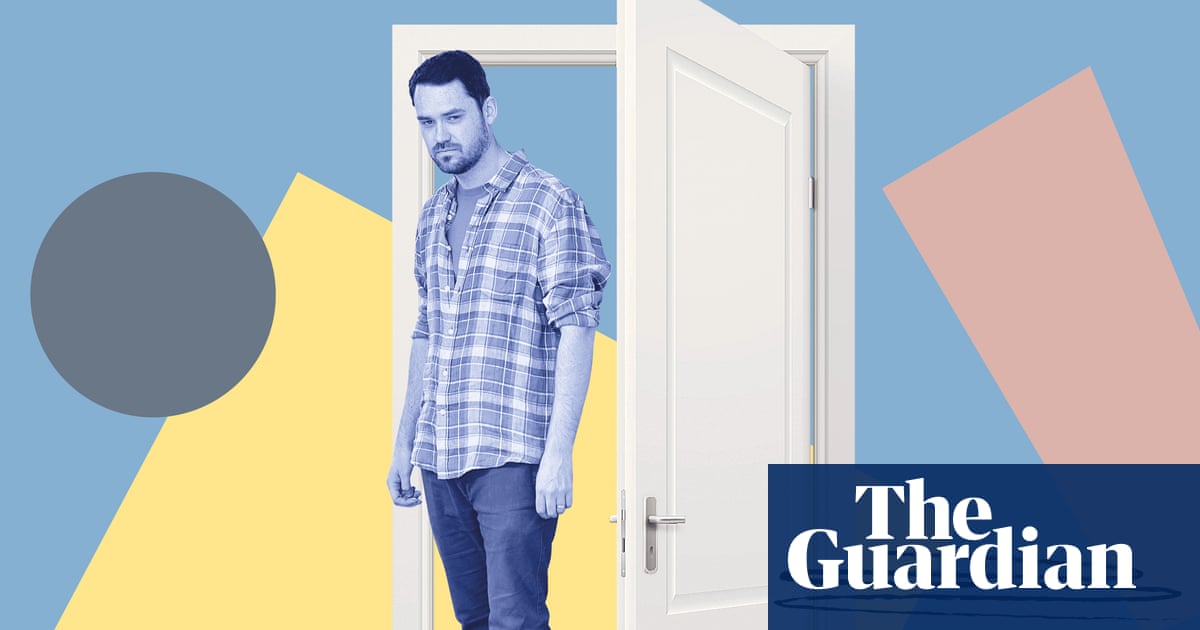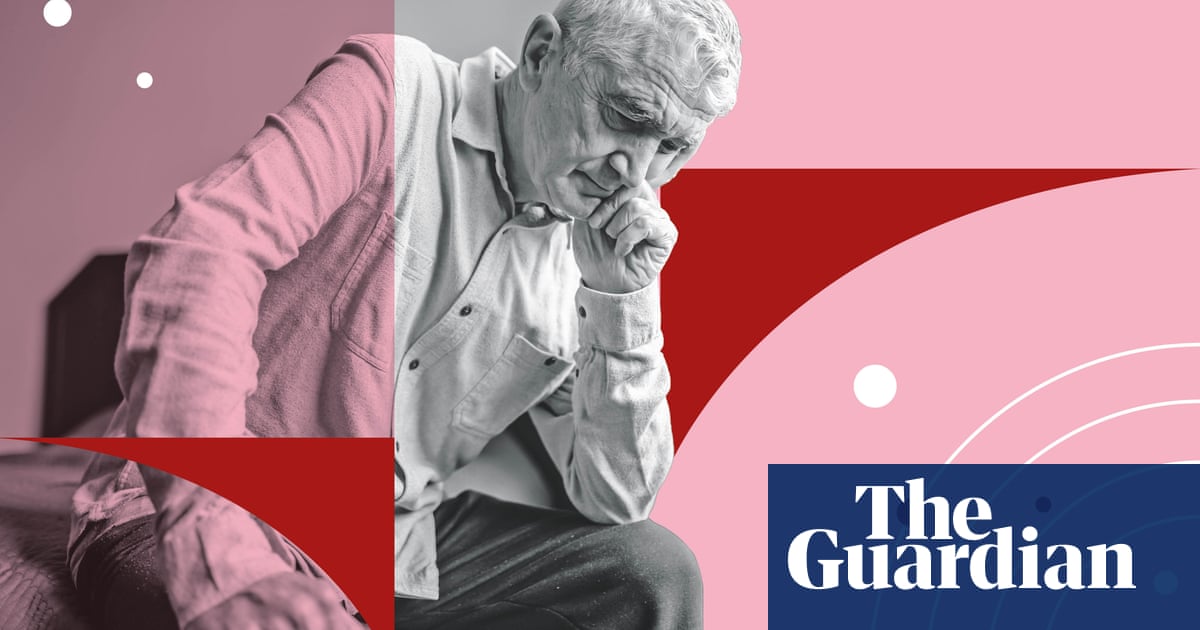
My mother has life-limiting health problems. I have one sibling and between us we do our best to care for her. We pay for professional help as well but she isn’t welcoming to them, so they can only do a little. It is apparent that she is nearing the end of her life and this fills me with sadness. I cry in the car to work, and again driving back home after caring for her several nights a week. I live a long drive away, so I have too much time to think. When I get home, all the chores are waiting for me. The older children help out, but my husband does a lot of sitting about watching TV.
I’m so lonely. He simply does not understand my upset and recently made a decision that affects me without consulting me. I’m wondering whether the relationship is over or whether I am so exhausted that I’m overreacting.
You didn’t give any hint of what your marital relationship was like before, but if your husband’s behaviour was always thus and he doesn’t consider or consult you, then I think the exhaustion you feel has maybe allowed you to see what you’ve not let yourself acknowledge before. If, on the other hand, he was previously kind and considerate, I wonder if he feels that staying out of the way, and making unilateral decisions (even wrong ones), is a way of not burdening you?
Do you ask him to do chores and he ignores you? Or do you take it all on to avoid arguments? It might help to look at your place in things. If we are able to see the role we play, we can change it – if we want to – and that’s empowering. But at the moment you are exhausted: remember, what you are going through is incredibly tough. Which brings me on to your mother and her care.
Psychotherapist Chris Mills, a specialist on family and couple relationships, wanted to question your narrative that the professional care workers aren’t able to do very much for her. I think this is at the heart of your physical and mental fatigue, and if you could delegate more care to the care workers, you may be able to rest. As Mills says, they will be skilled and trained in looking after people such as your mum. You have yourself and your children (who are your priority here) to think about. “You could be the most brilliant carer for your mother and give her everything she needs but your mother would show no signs of improvement,” he says. “I think, if you’re trying to look after the person who was once looking after you, you can feel under a huge pressure to be the one who makes the difference [to them].”
I wanted to add that I think it’s so easy, as a way of starting to mourn those we love who are declining, to start to “overdo” the support, to our own detriment – in part to extinguish our own grief (and, sometimes, guilt) and in part because we think there’s some sort of salvation in the exhaustion. There isn’t, there’s just exhaustion. When I was wondering about having a difficult, elderly relative to stay, a friend gave me the most brilliant advice: “You having them to stay won’t make that much difference to them, but the impact on you will be huge.”
Mills also wanted to know if there was anyone in your life who could be your confidante – and this is not a role your children can play. I suggested you talk to your husband but Mills said he wasn’t sure if that was possible at the moment, as “there seems to be a standoff of some sort without much talking going on”.
Sometimes practising talking through how you feel before you have the “big conversation” with your partner can really help to put your thoughts in order. But remember, you don’t need to make any quick decisions. As Mills says: “The more isolated and exhausted you get, the harder making decisions becomes.”
In the meantime, use your car journeys to listen to interesting podcasts. This can really help to take you out of yourself and shift your perspective, replacing that “circular” thinking we can do over difficult issues, which often gets us nowhere. The problems will still be there when you get out of the car, but thinking of something else for a small amount of time can give you some respite.
• Every week Annalisa Barbieri addresses a family- related problem sent in by a reader. If you would like advice from Annalisa on a family matter, please send your problem to ask.annalisa@theguardian.com. Annalisa regrets she cannot enter into personal correspondence. Submissions are subject to our terms and conditions: see gu.com/letters-terms.
Comments on this piece are premoderated to ensure the discussion remains on the topics raised by the article. Please be aware that there may be a short delay in comments appearing on the site.












